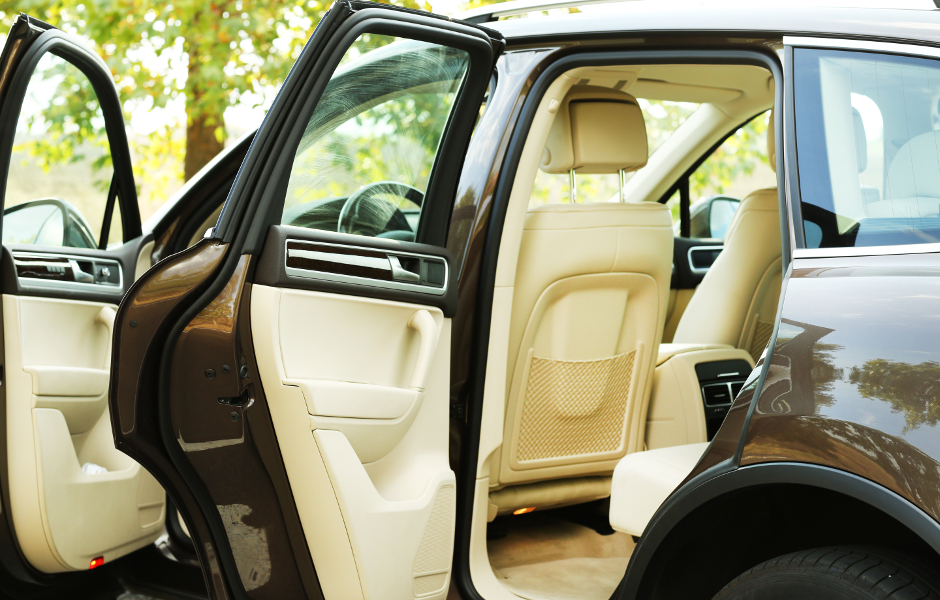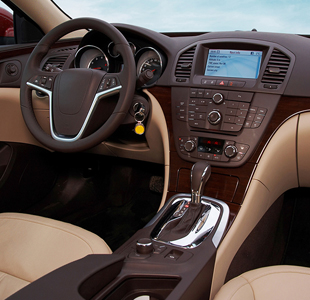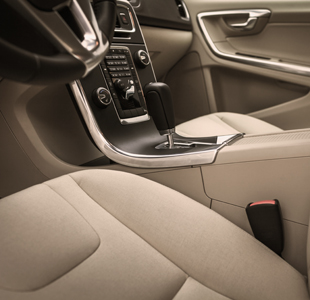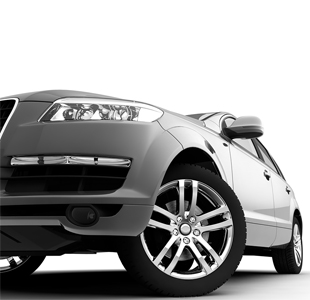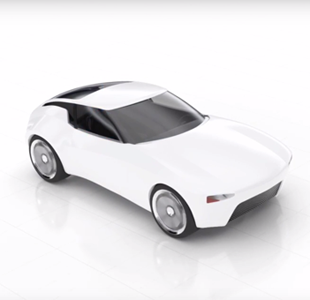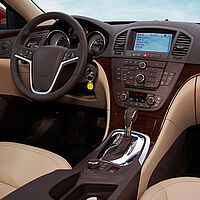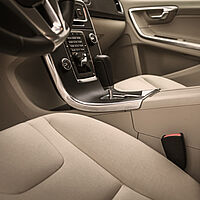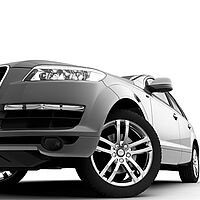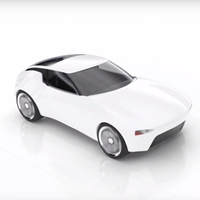Especially in the automotive industry, our natural fiber nonwovens have a wide range of applications. As moldable supports made of natural raw materials, they can be used both in the interior and exterior of automobiles. In the interior of a car, for example, they can be found in the:
- door panel
- center console
- ABC column
- rear parcel shelf
- spare wheel cover
- trunk lining
- tailgate
- back seat lining
In the exterior area they are used, among other things, as acoustic and thermal insulation in the transmission and engine compartment. Our products offer a number of advantages, for example, they meet high safety requirements because they have excellent crash behavior and no tendency to splinter even at low temperatures.
Our mats can be shaped excellently in 3D if the material-specific characteristics are taken into account. In the classic pressing process, for example, raw beams for door panels can be produced, where fastening elements and metal clips are inserted into the pressing tool and pressed together with the natural fiber mat to form a component.
The "one-shot process" offers the possibility to press the natural fiber mat together with decorative materials such as fabric or leather and additionally with soft pads for arm rests – all in one step. If the part geometry permits, the part can still be punched in the machine so that it is ready for installation.
Time-saving and cost-efficient production and processing keep manufacturing costs low and simple tool manufacture and short project times reduce investment requirements.
The natural fiber mats are versatile and can be processed without preparation, have short heating and pressing cycles and can be used in fully automatic processing lines. They can be vacuum laminated, punched and milled. In addition, our natural fiber nonwovens are suitable for friction welding, ultrasonic welding of thermoplastic parts, and can be laminated with or without adhesives, depending on the decor and coating.
In addition to high strength and component stability, our products have good 3D formability and good dimensional stability combined with high elasticity. Due to a low thermal expansion coefficient, no shrinkage occurs after pressing. Compared to injection molding and other pressed materials, our natural fiber products have a lower component weight and high sound absorption.
